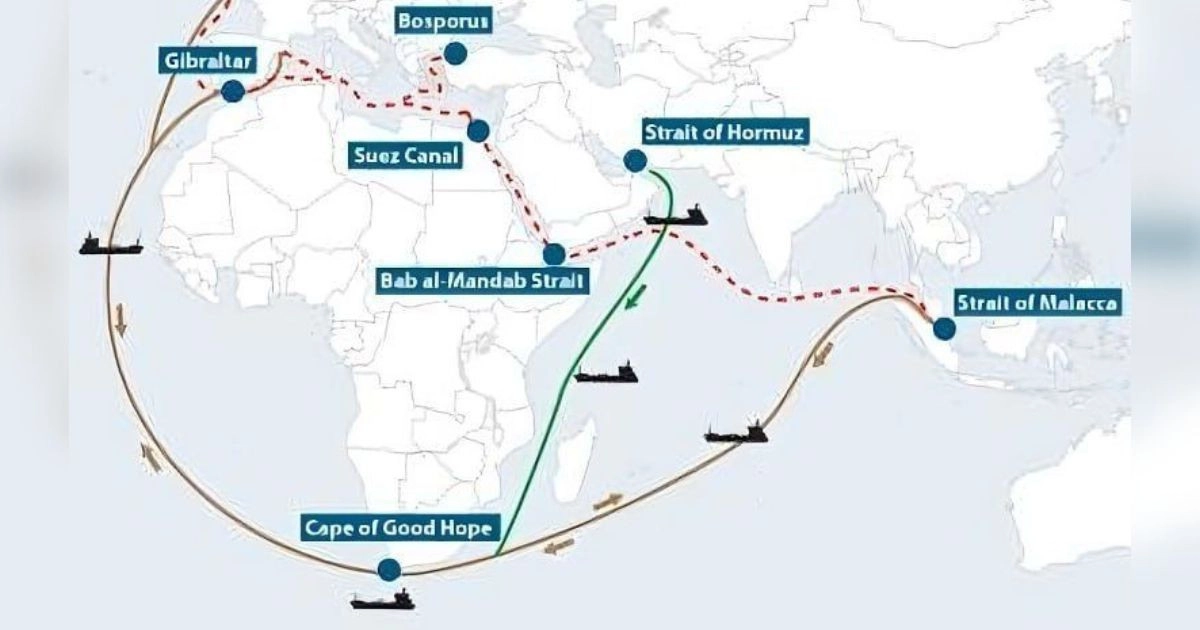
The Red Sea Crisis: Charting Uncharted Waters
Siddhi Joshi
CEO at EMovers, Warehousing & Relocation Expert Delivering No Mess No Stress Assurance
As someone who works in logistics and knows the industry inside out, I am here to talk on the current burning issue in the field of international logistics: the RedSeaCrisis and how it is affecting #shipping worldwide.
For those unfamiliar about the "Red Sea Crisis”, It’s a maritimesecurity threats and attacks that have occurred in the Red Sea and surrounding areas since November 2023. These incidents primarily involve HouthiRebel s targeting commercial vessels passing through key shipping routes in the region, including the Bab-El-Mandeb Strait and the Gulf of Aden.
It all began on November 19, 2023, when the car transporter #GalaxyLeader was hijacked by Houthi rebels, marking the first significant incident in the series of attacks. Since then, there have been numerous instances of missile attacks, drone strikes, and attempted boarding's targeting commercial ships navigating through the Red Sea and adjacent waters. These incidents are primarily concentrated in strategic maritime routes such as the Bab-El-Mandeb Strait, which connects the Red Sea to the Gulf of Aden and serves as a critical passageway for international shipping between Europe, Asia, and the Middle East. Other areas affected include the southern Red Sea and the waters near the Yemeni coast.
The crisis stems from ongoing geopolitical tensions and conflicts in the region, particularly the Yemenicivilwar , where Houthi rebels have been engaged in a protracted conflict with the Yemeni government and its allies. The Houthi attacks on commercial vessels are believed to be part of their broader military strategy and efforts to exert influence and pressure on regional and international actors.
The primary actors involved in the crisis include Houthi rebels based in Yemen, who have claimed responsibility for most of the attacks on commercial ships. International maritime forces, including the #UnitedStatesNavy and coalition partners, have been conducting operations to safeguard shipping lanes and respond to security threats posed by the Houthi attacks.
领英推荐
The Red Sea Crisis has significant implications for the logistics industry, particularly in terms of maritime trade and supply chain operations. The attacks and disruptions in key shipping routes have led to increased risks, higher insurance costs, and logistical challenges for shipping companies and cargo owners. As a result, many shipping companies have been forced to reroute vessels, suspending operations or implementing additional security measures to mitigate risks. With routes now altered, ships must take longer routes, increasing transit times and operational costs. Additionally, the heightened #risk factor associated with navigating these altered routes adds further complexity to the logistics landscape, impacting delivery schedules and overall supply chain efficiency
This Crisis represents a complex security challenge with far-reaching consequences for regional stability and global #maritimetrade . Addressing the underlying drivers of the crisis and implementing effective security measures are essential for #safeguarding the interests of the logistics industry and ensuring the safe passage of commercial vessels through these vital waterways.
While logistic companies aren't responsible for this #crisis, but we are deeply impacted by it. #Cooperation from customers and hope for a swift resolution are essential as we navigate through these challenging times. ?Rest assured; this too shall pass.
Supporting the Only Female CEO in the Middle East’s Relocation Industry at E-Movers, the Region’s Top and Most Reliable Company
9 个月Great insight into the Red Sea Crisis and its impact on global logistics